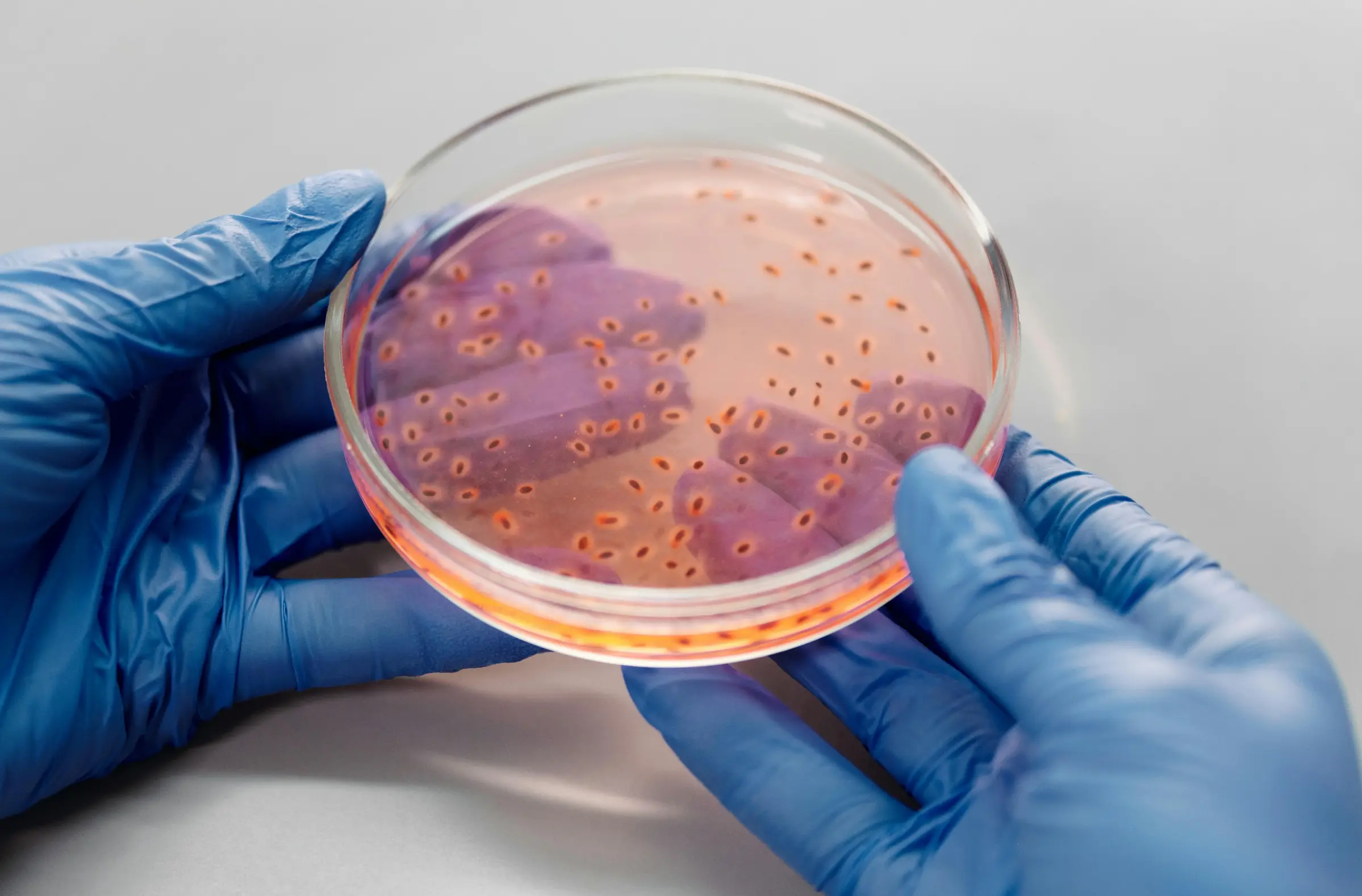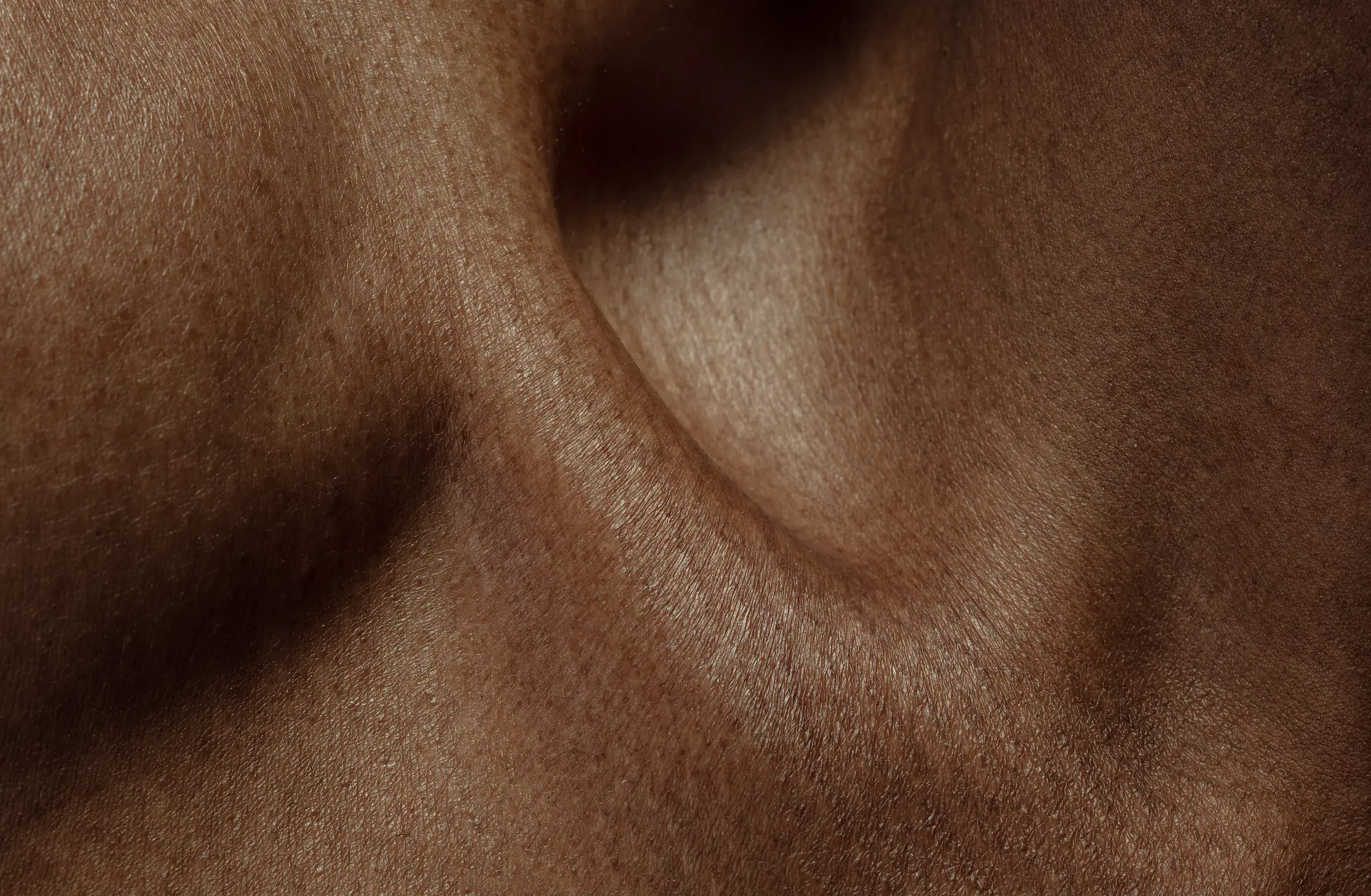Intestinal flora & longevity: Prebiotics, polyphenols and a longer life
Your gut flora affects more than just digestion -- it can actually play a role in how long (and how well) you live. Learn how prebiotics, polyphenols, and lifestyle affect your longevity inside and out.

Introduction
You are never alone — there are over 100 trillion microorganisms in your gut.
Together, they make up your microbiome: an internal ecology that governs everything from immune function to metabolism, inflammation and -- according to new research -- even biological age.
The link between gut flora and longevity has become a hot area of research.
Studies show that a diverse, balanced microbiome environment is linked to lower inflammation levels, better metabolic control, and longer lifespan.
In this article, we'll go over how, with the help of diet, prebiotics and polyphenols, you can give your gut bacteria the best conditions.
What is intestinal flora — and why does it affect longevity?
The intestinal flora is made up of bacteria, viruses, and fungi that live in your digestive tract, primarily in the large intestine.
Some are pro-inflammatory, others protective. It's the balance that counts.
According to a study published in Nature Metabolism older people with rich, stable and diverse gut flora have lower levels of chronic inflammation and higher percentages of “positive” metabolites --
which is linked to longer and healthier lives (Wilmanski et al., 2021).
Prebiotics: Food for your good bacteria
Prebiotics are fibers that our cells can't break down -- but that gut bacteria love.
By feeding the right bacteria, you can create a microbiome that promotes anti-inflammatory effects and metabolic health.
Examples of prebiotic-rich foods:
- Jerusalem artichoke
- Onions and garlic
- Asparagus
- Oatmeal
- Bananas (preferably a little green)
Hint: Start with small amounts and increase gradually — the fibers are fermented in the gut and can produce gases if you go too fast.
Polyphenols: Intestinal Focused Antioxidants
Polyphenols are plant-based micronutrients with antioxidant properties.
The nice thing? Many of them are not metabolized until they reach the colon -- where they interact directly with the microbiome.
According to a review in Trends in Food Science & Technology Polyphenols from cocoa, green tea and blueberries, for example, have been shown to increase the proportion of good bacteria
(such as Akkermansia and Bifidobacteria) while reducing inflammation-driving species (Cardona et al., 2013).
Polyphenol-rich foods to include:
- blueberry
- pomegranate
- Cocoa nibs
- Green tea
- Aronia berries
Relivo angle: Relivo contains a balanced mix of plant-based polyphenols, such as grapefruit extract, aronia and grape seed — specifically selected for their effect on the microbiome.
Daily habits that strengthen intestinal flora and longevity
1. Vary your diet
The more plant varieties you eat per week, the more strains of bacteria you support. Aim for 30 different plant-based foods per week.
2. Prioritize recovery
Sleep and stress affect the gut's nervous system (“gut-brain axis”) — and thus the balance of the microbiome.
3. Top up with micronutrients
The gut flora influences how the body absorbs vitamins and minerals — and vice versa.
A daily bucket ensures that your body gets what it needs to support both immune function and energy metabolism.
What happens to the intestinal flora as we age?
The gut microbiome changes with age.
Diversity decreases, and pro-inflammatory bacteria tend to take over.
It is also common to find it more difficult to break down fiber or certain foods.
Studies show that older people with preserved microbial diversity have better cognitive function, fewer metabolic disorders, and lower markers of systemic inflammation (O'Toole & Jeffery, 2015).
FAQs
Are probiotics the same as prebiotics?
The No. Probiotics are living bacteria, while prebiotics are fibers that feed them. You need both -- but if you start with prebiotics, the bacteria have a better chance of surviving and thriving.
How quickly is the intestinal flora affected by the diet?
Already after 24—72 hours, the composition may change. Stable impact, however, requires weeks to months.
Can I take polyphenols as a supplement?
Yes — but choose combinations with documented bioactivity, preferably together with fibres or adaptogens. Relivo contains both.
Summary
Your gut flora is a living system that influences how you feel -- and how long you last.
By feeding it right, supporting with proper nutrition, and creating daily habits that build diversity, you're investing in a longer, more balanced life.
References
- Wilmanski T et al. Gut microbiome pattern reflects healthy aging and predicts survival in humans. Nature Metab. 2021; 3:274—286.
- Cardona F et al. Benefits of polyphenols on gut microbiota and implications in human health. Trends in Food Science Technol. 2013; 24 (11) :558—566.
- O'Toole PW, Jeffery IB. Gut microbiota and aging. It's science. 2015; 350 (6265) :1214—1215.
- Sonnenburg JL, Bäckhed F. Diet—microbiota interactions as moderators of human metabolism. Natur.2016; 535 (7610) :56—64.
- Gibson GR “et al. Dietary prebiotics: current status and new definition. Food Sci Tech Bull Funct Foods.2010; 7 (1) :1—19.




.jpg)




